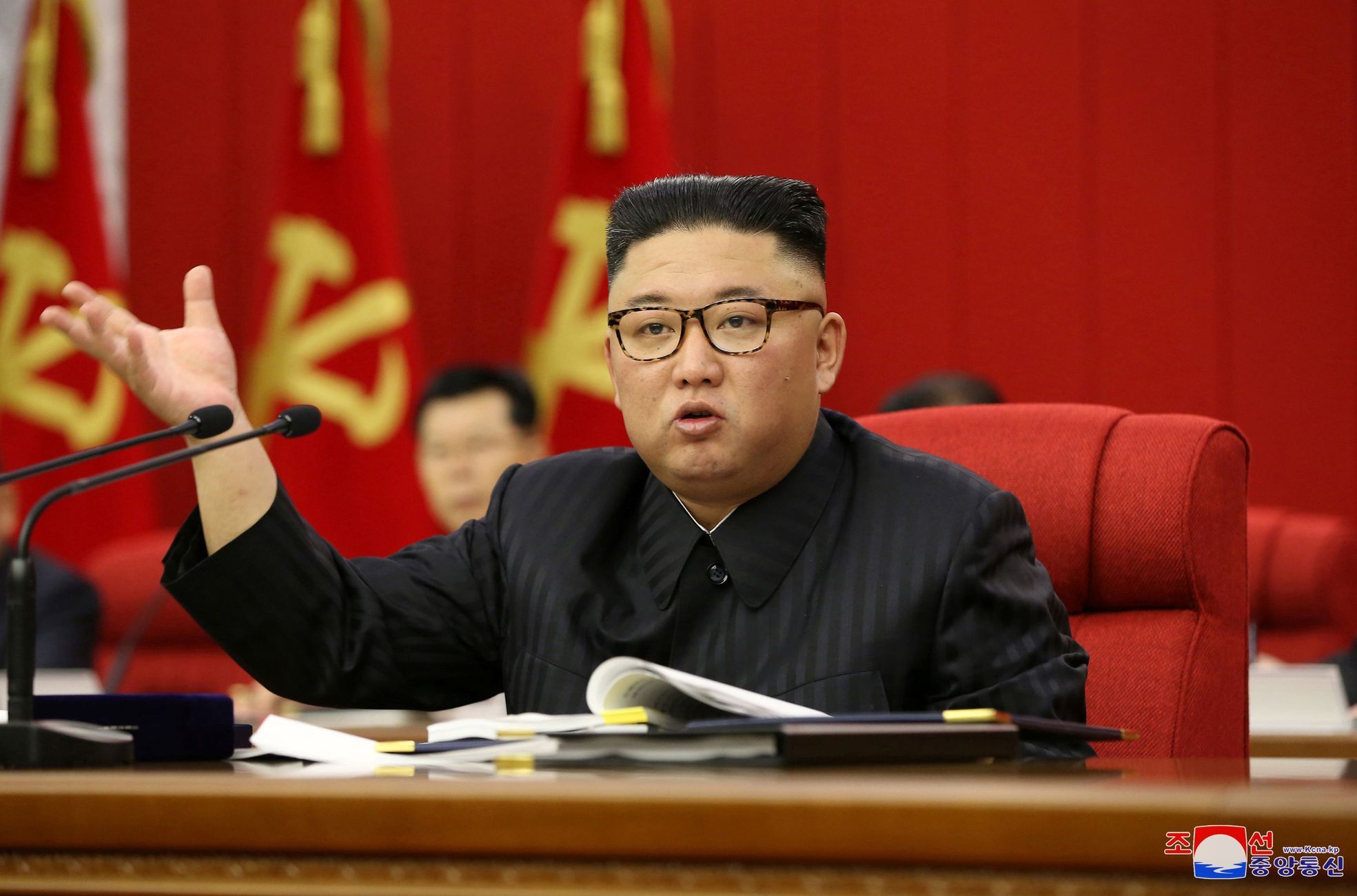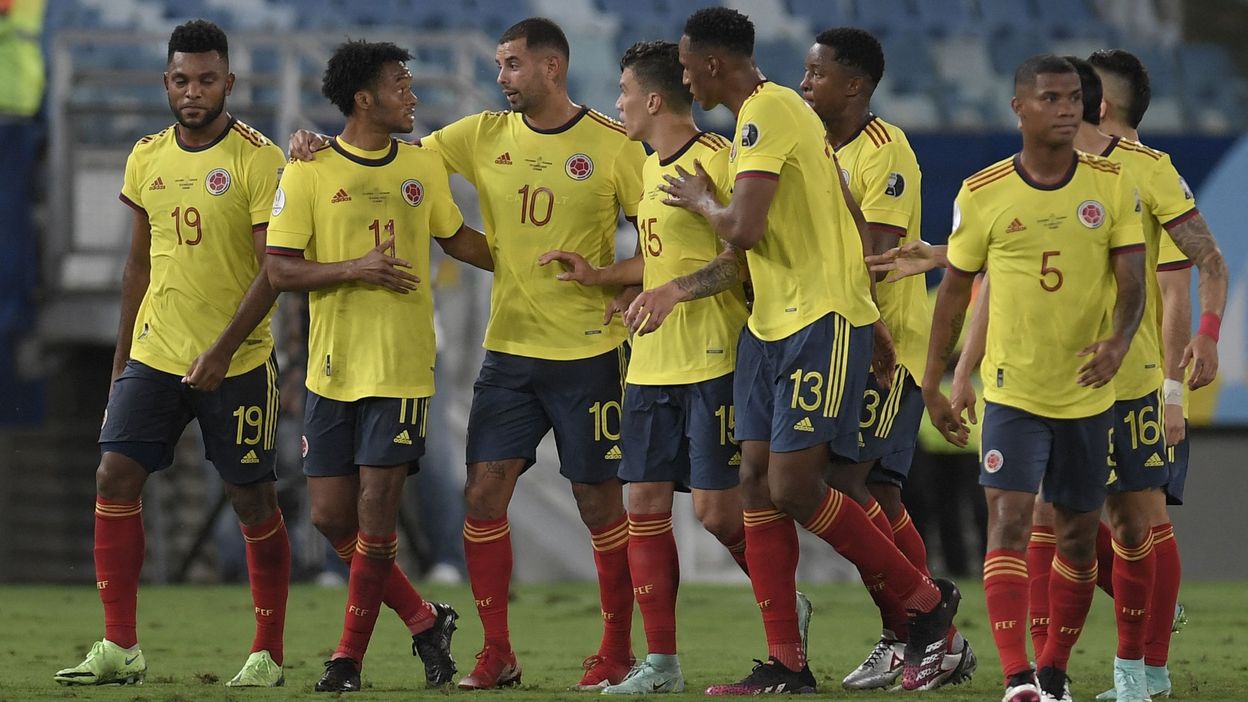North Korean leader Kim Jong-un admitted at a party meeting that the country is facing food shortages due to low agricultural yields. Last year, strong typhoons hit the country, followed by floods. “The food situation of the people is becoming tense,” the leader said. In addition to the weather, international sanctions and North Korea’s dependence on China also contribute to food shortages, according to the BBC.
Food prices in the country are rising, a kilogram of bananas in the capital will cost $ 45 (958 crowns) and foreign exchange rates are fluctuating sharply, the server said NK Newswhich monitors events in North Korea.
A year ago, North Korea closed its borders even more tightly than before due to fears of the spread of covid-19. One of the consequences is a sharp drop in trade with China, on which North Korea’s supply of food, fertilizers and fuel depends, the BBC said.
Kim Jong-un He emphasized to the party that national industrial production had grown by 25 percent compared to the same period last year. Following the leader’s announcement, the plenary agreed that the main item on the agenda in the coming days would be “the question of directing all efforts to agriculture this year” and “coping with the protracted anti-epidemic situation,” reports NK News.
As early as April, the North Korean leader admitted the impending hardships and called for preparations for a possible “strenuous march,” as the country’s famine of the late 1990s calls it. The DPRK was dependent on Soviet aid, and after its collapse in 1991, local agriculture began to stagnate and decline. Food shortages then killed up to three million people.
– .


